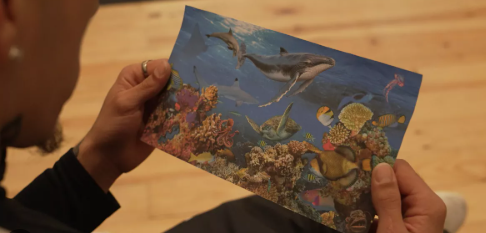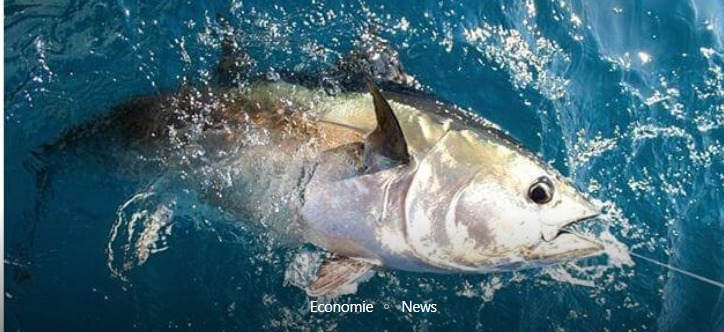A pioneering project connects young detainees with jobs in the growing European maritime industry, offering a win-win solution to two urgent challenges: the labor shortage in the blue economy and employment barriers for former offenders.
In the Sado estuary in Portugal, oyster farmer António Correia faces a common problem. His thriving oyster farm struggles to find labor, especially young people. « Unfortunately for our sector, young people are becoming less and less connected to nature and outdoor work, » he explains. « For my part, I find it extremely rewarding, but this attitude is slowly fading among young people. »
This challenge affects the entire blue economy sector in Europe, which employs 3.5 million people but needs more workers to continue its growth. From fish farming to coastal tourism, many maritime businesses are facing persistent labor shortages.
To address this gap, the European Union launched the « Turning Blue » initiative, which will run until August 2026 in five countries: Portugal, the Netherlands, Romania, Cyprus, and Italy. The project connects young detainees with opportunities in the marine industries.
Overcoming the Stigmas
« For us, Turning Blue is a project where everyone wins, » says Rita Lourenço, who leads the initiative at the Aproximar social innovation cooperative. « It’s a success for the justice system, as work is essential in combating recidivism. And it’s a boon for the blue economy, which needs labor and is growing. »
In Portugal’s only youth prison, in Leiria, where young men aged 16 to 25 serve their sentences, the project brings a glimmer of hope. Through virtual reality experiences, presentations, and meetings with industry professionals, the detainees discover various careers in the maritime sector.
« Upon release, it’s difficult to find a job because of our criminal background. People judge us for what we’ve done, not for who we are, » explains one of the participants. Turning Blue aims to overcome this stigma by offering mentorship, training, and direct contacts with employers.
Some companies in the sector are collaborating with the project and embracing its approach.
« Everyone deserves a second chance. »
SEAentia, an innovative startup specializing in fish farming in Peniche, Portugal, is set to increase its workforce sixfold, from 6 to 30 people, over the next two years. The company, which raises bass by recycling seawater in indoor tanks, plans to transition from a pilot system to a commercial-scale facility, with the goal of producing 5,000 tons of fish per year by 2030. While their operations require some skilled technicians, the rapidly growing sector of inland aquaculture is also creating opportunities for entry-level positions in fish processing, packaging, and sales—jobs that could be open to young ex-offenders.
Back in the Sado estuary, António Correia has already hired several former prisoners and remains open to hiring more. « Everyone deserves a second chance, » he says. « People who want to turn their lives around and have gone through tough times may appreciate this opportunity even more. »
The blue economy holds particular promise for rehabilitation due to the variety of jobs it offers. « The sector provides many manual jobs in fishing, aquaculture, and tourism that don’t require high qualifications, » explains Rita Lourenço. « That’s why we believe this type of job could be suitable for these young people. »
With nearly 1.5 million people currently incarcerated in Europe, initiatives like « Turning Blue » could help address labor shortages and promote social reintegration. Innovations in recruitment and training can support the sustainable growth of Europe’s maritime industries while creating opportunities for those who need it most, offering not only jobs but also the chance to make a real fresh start.
Source: euronews




